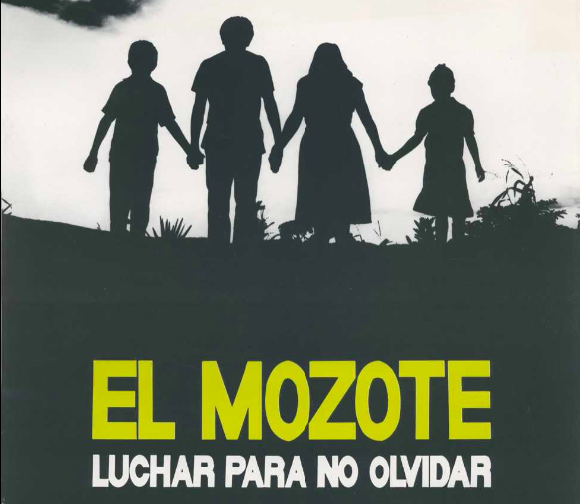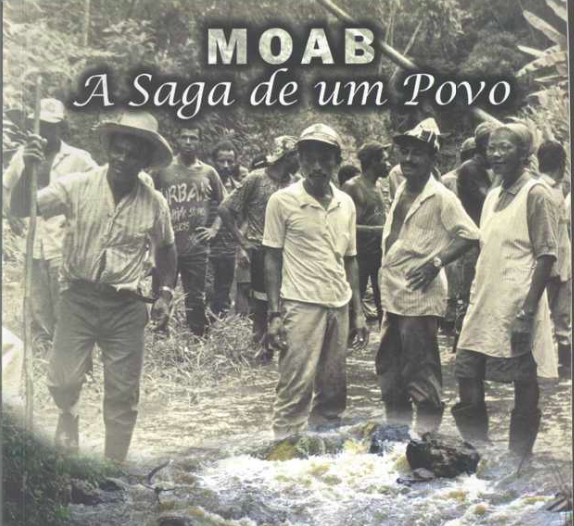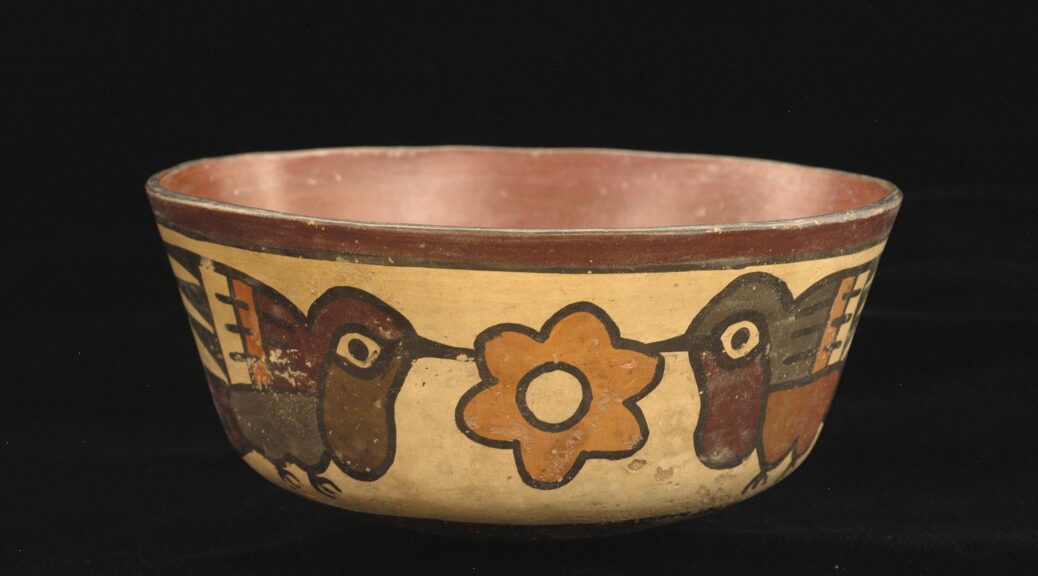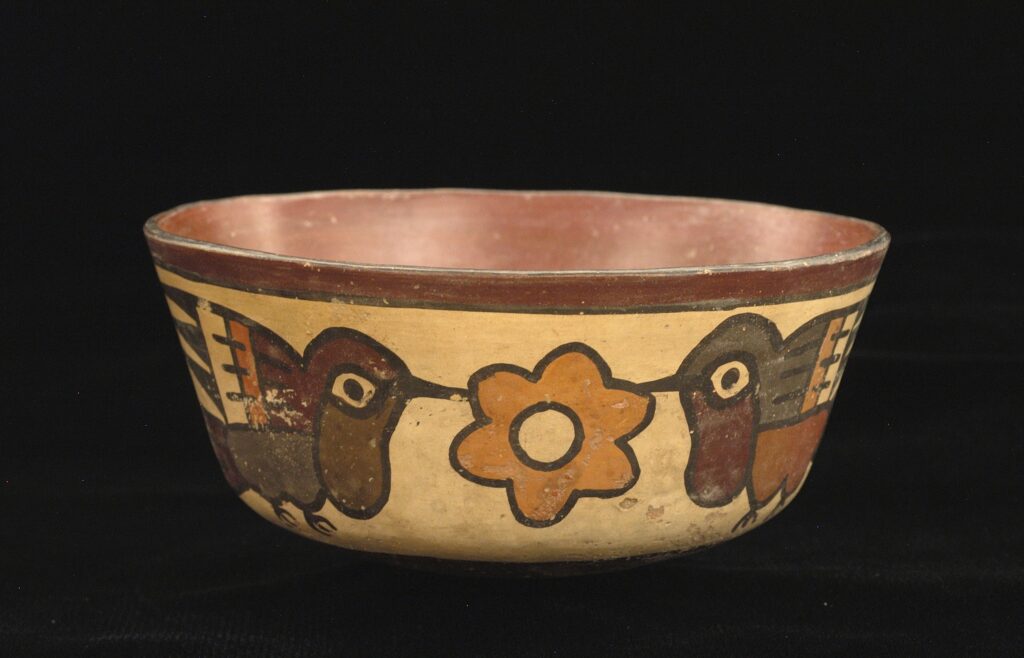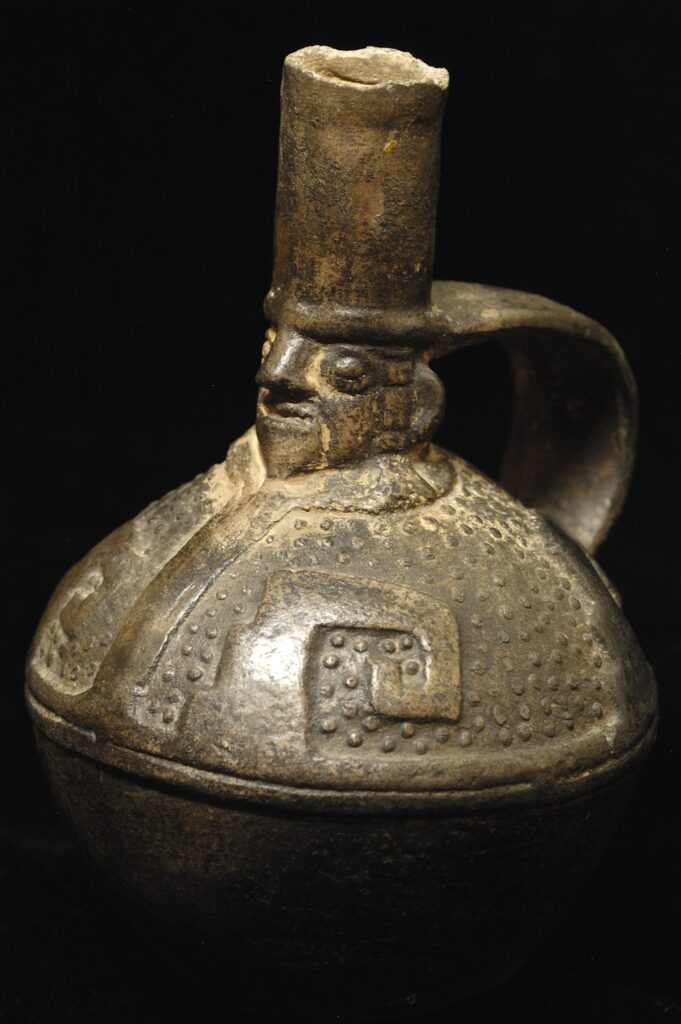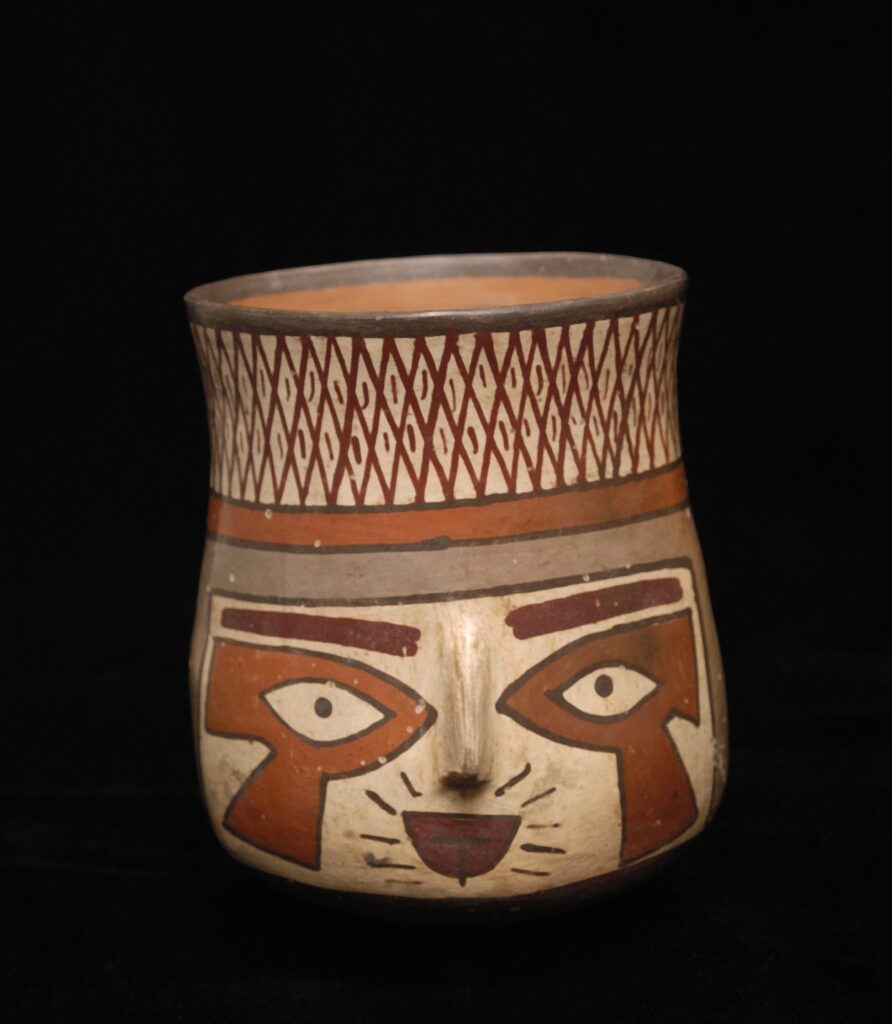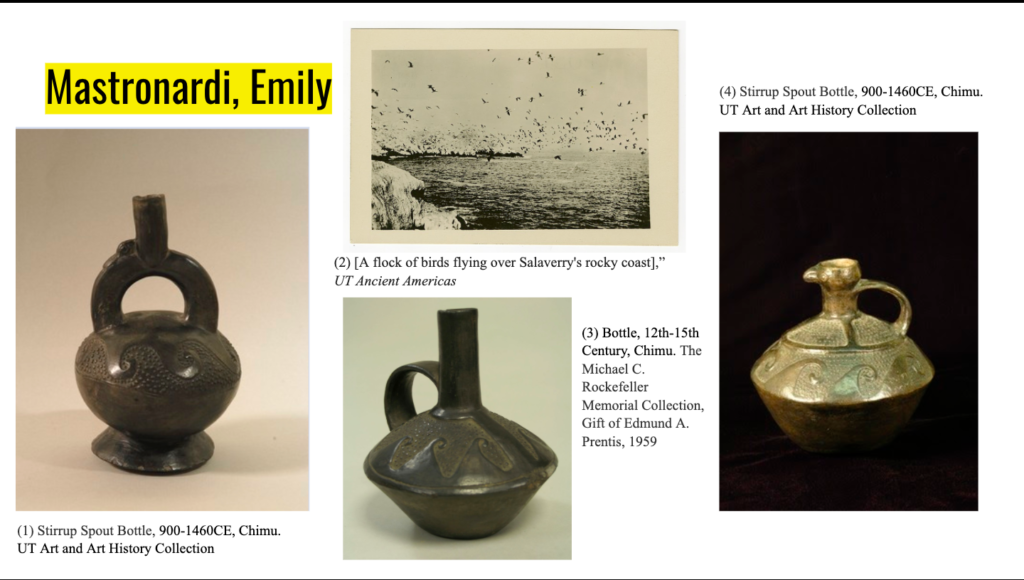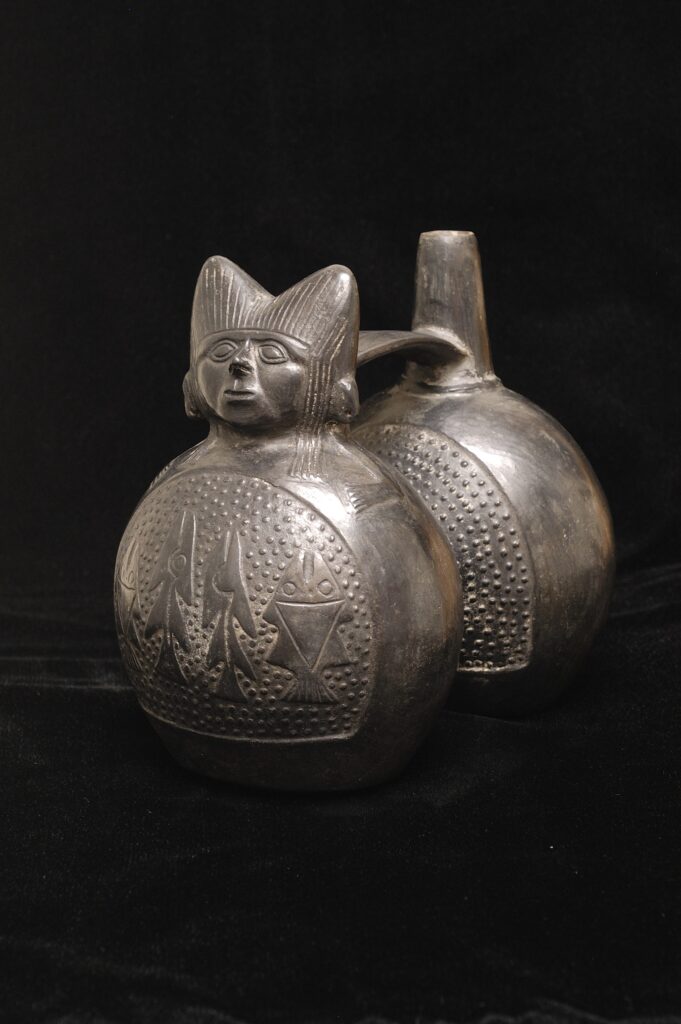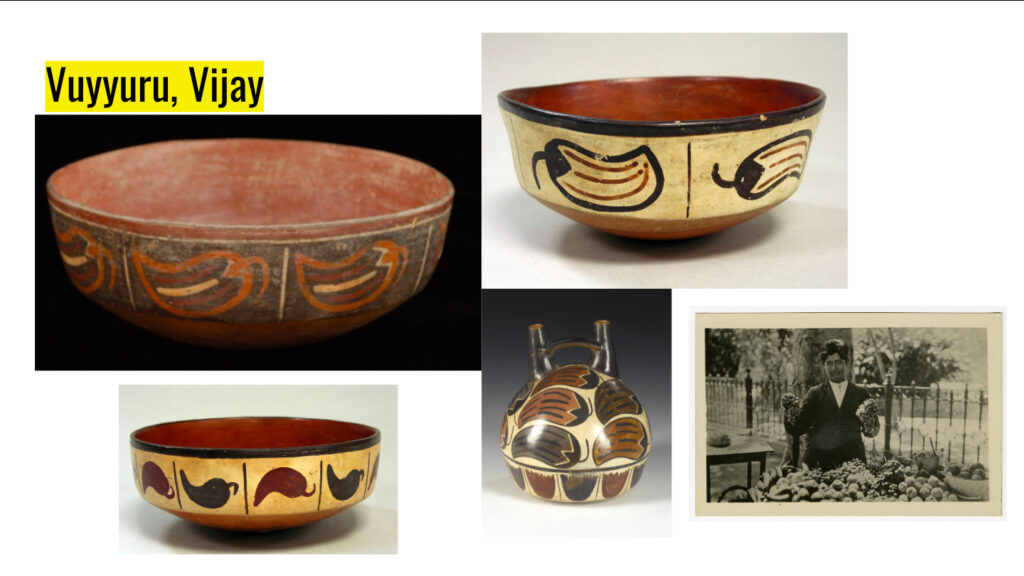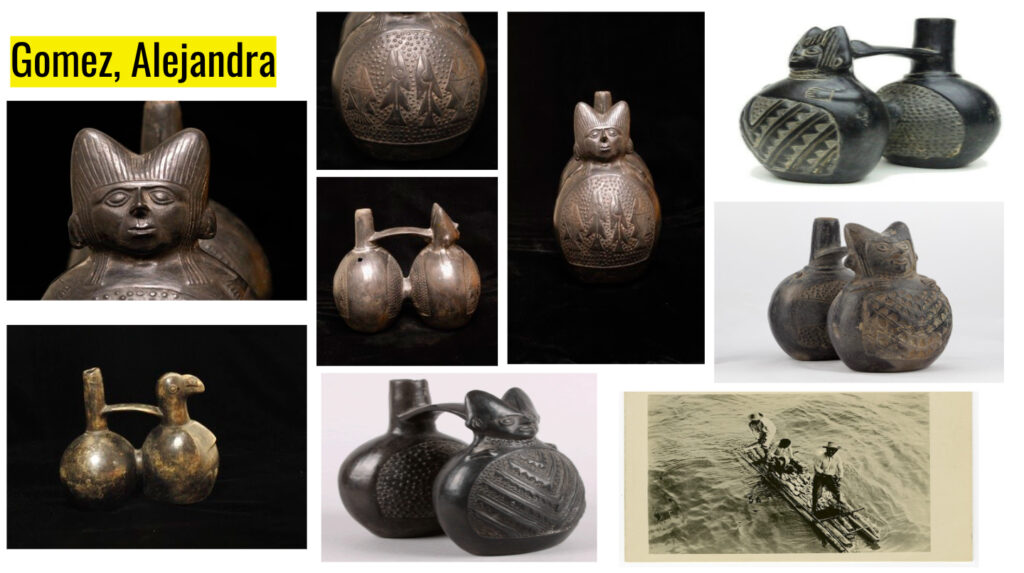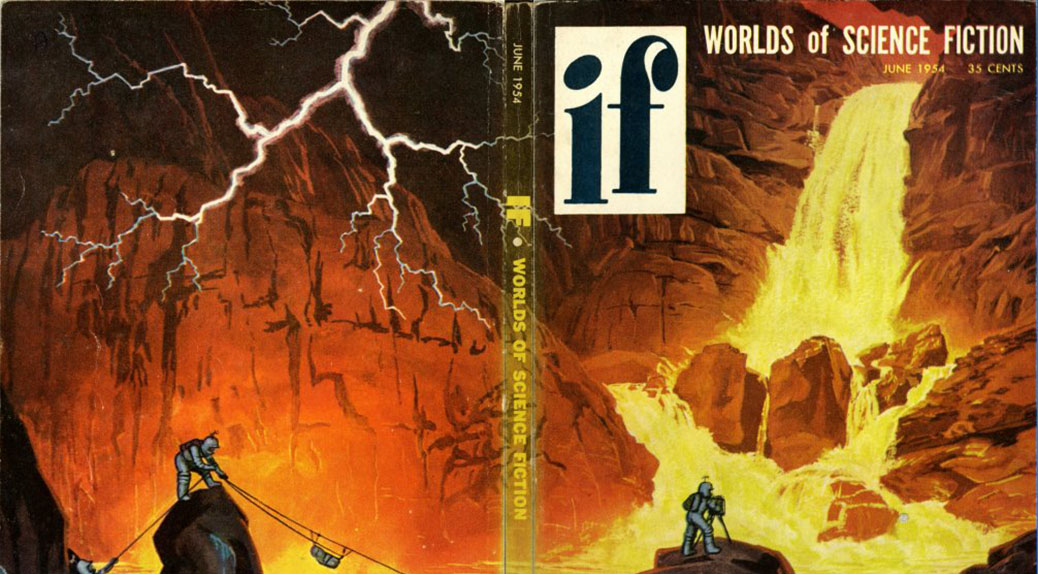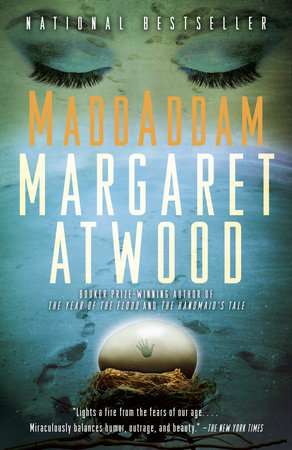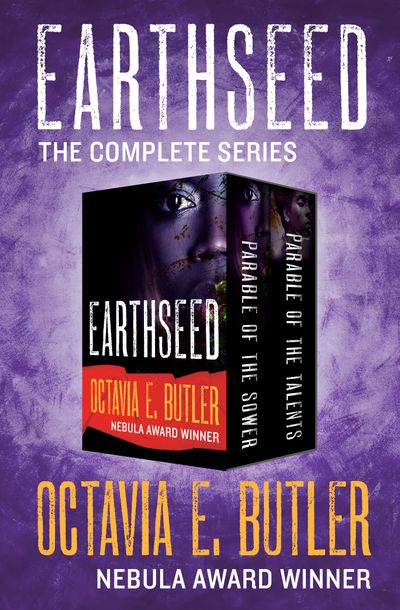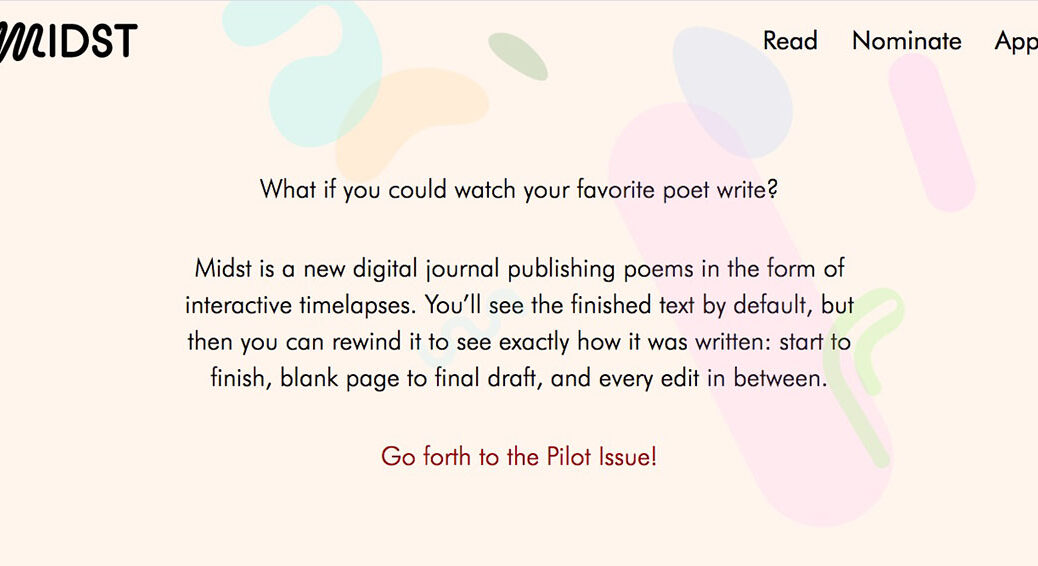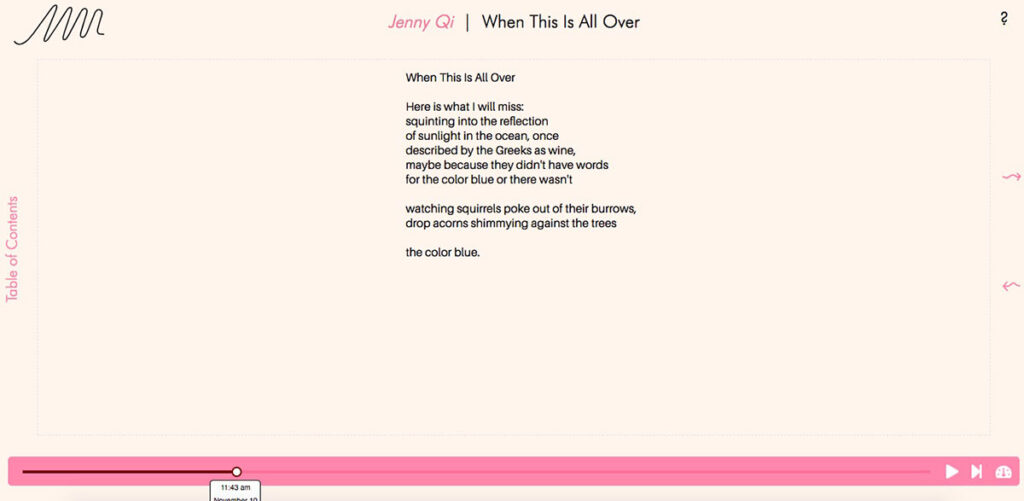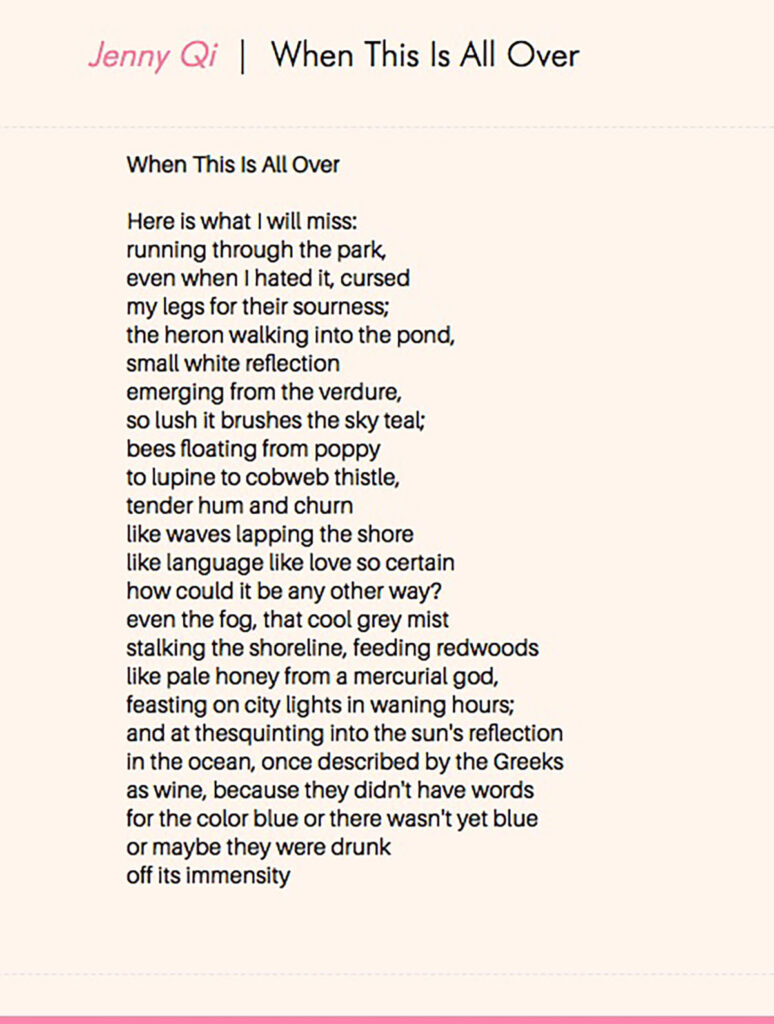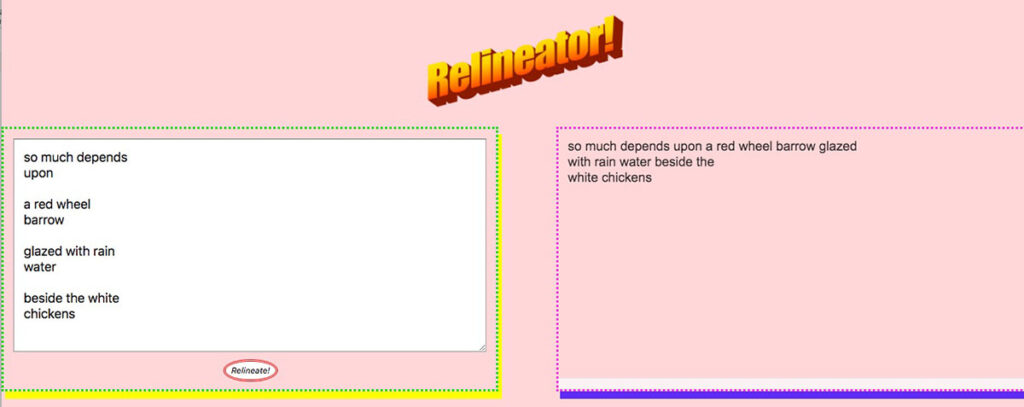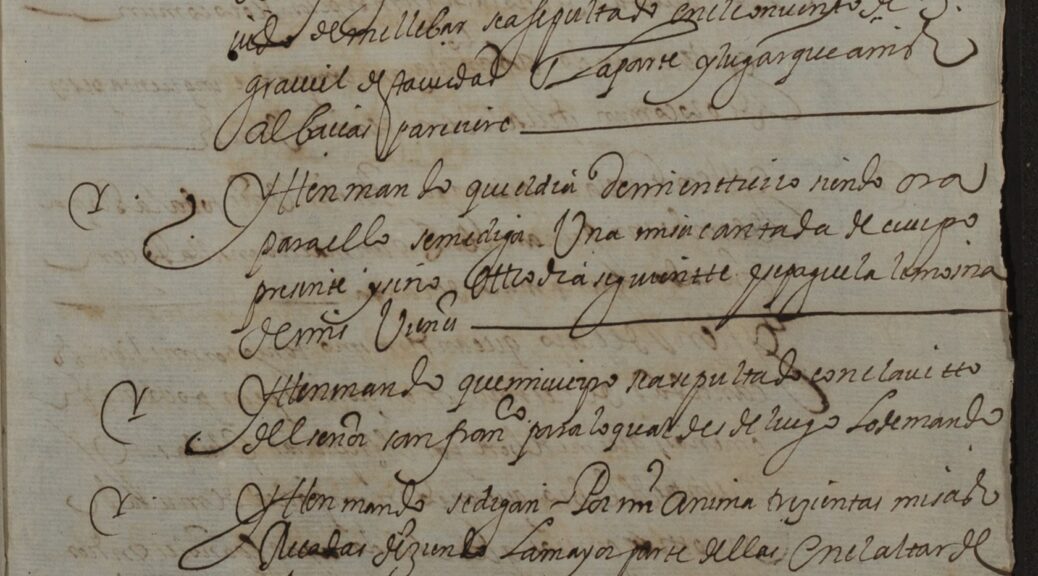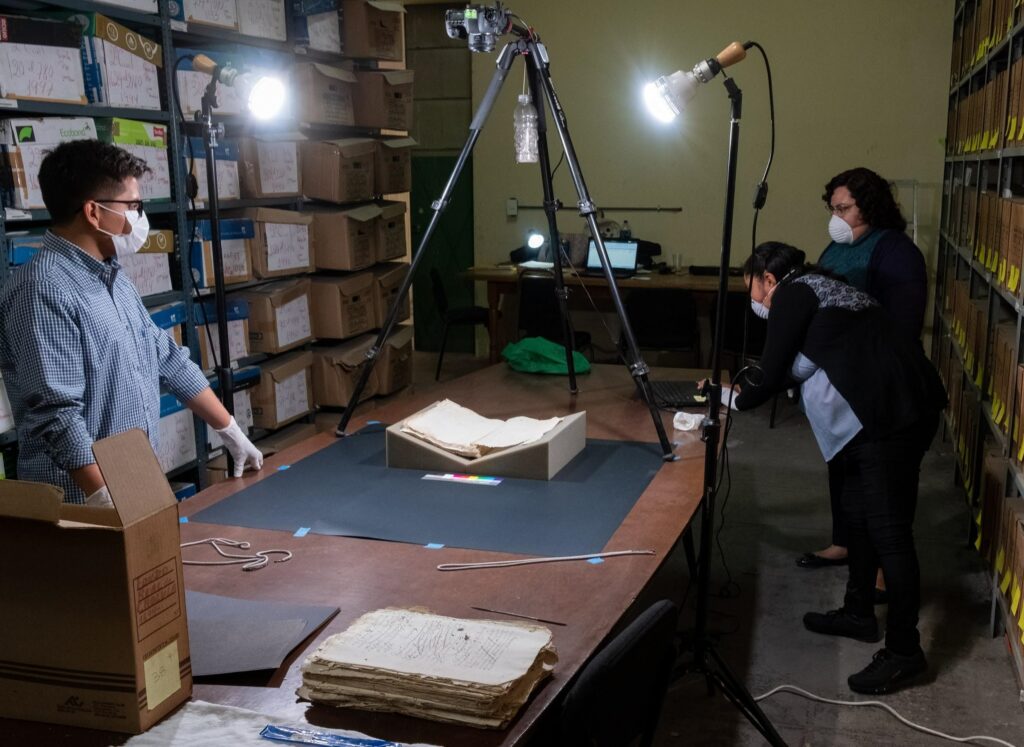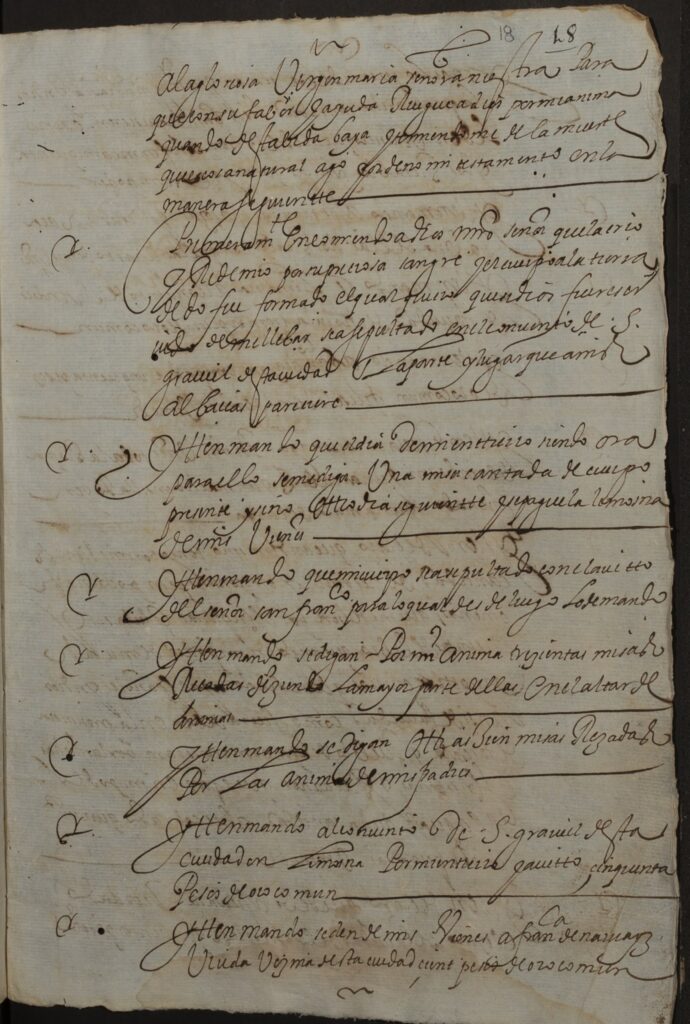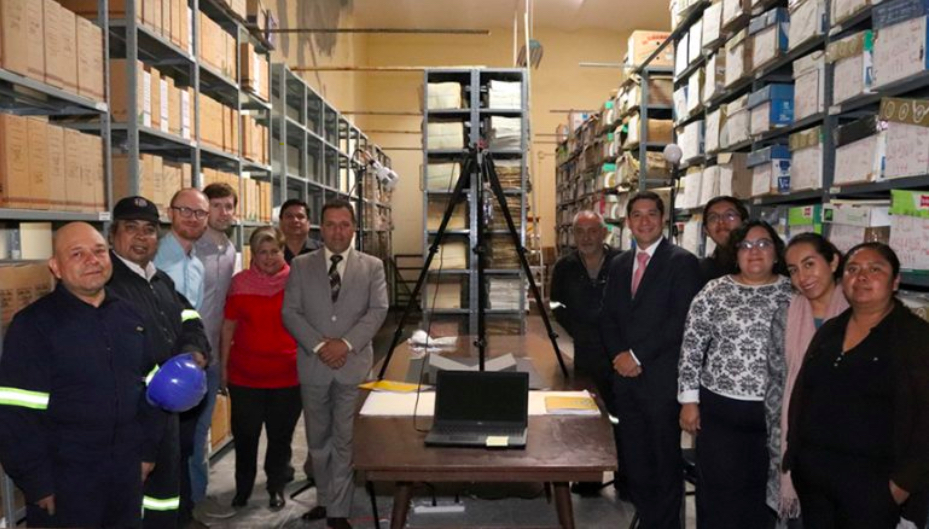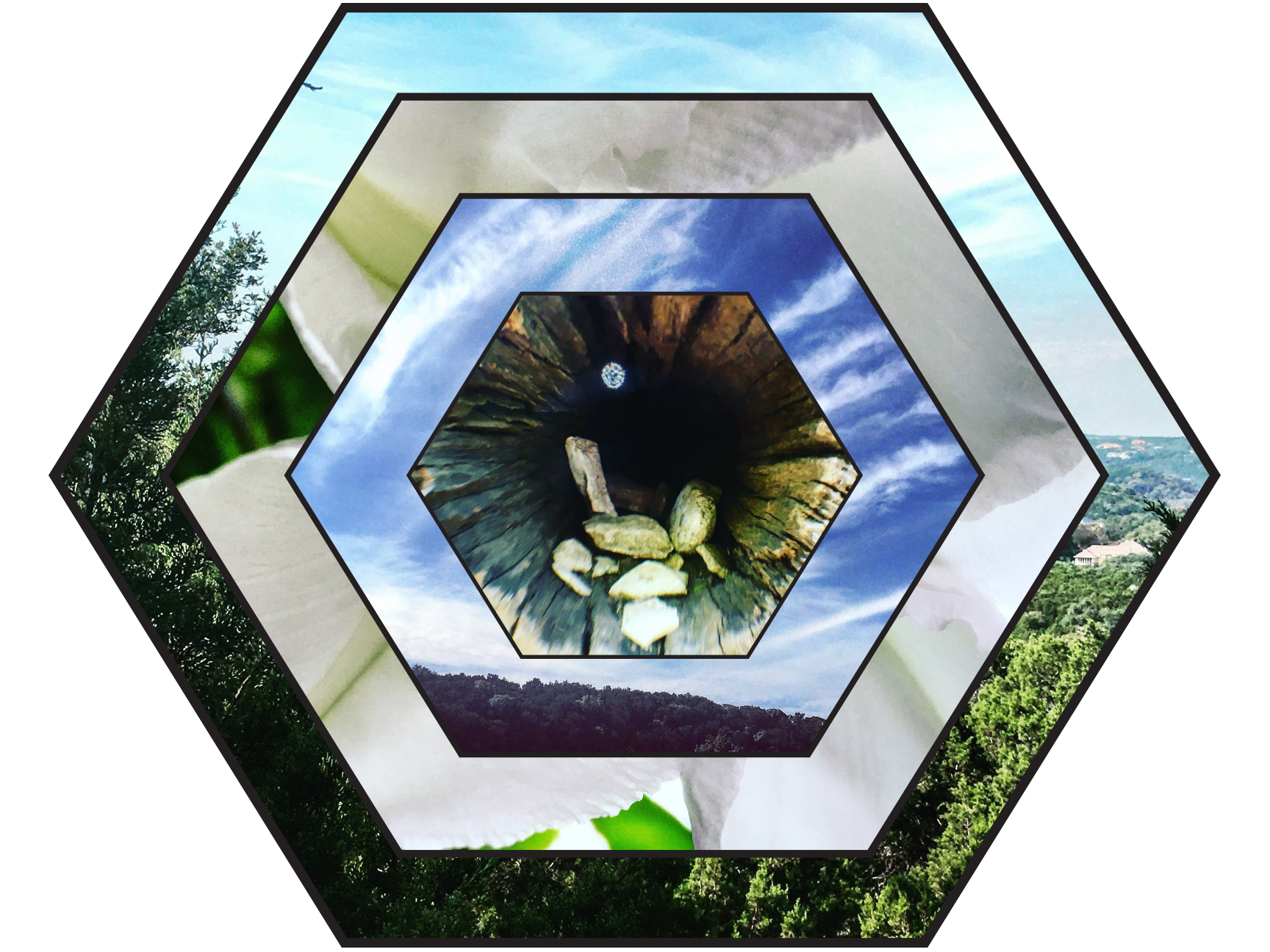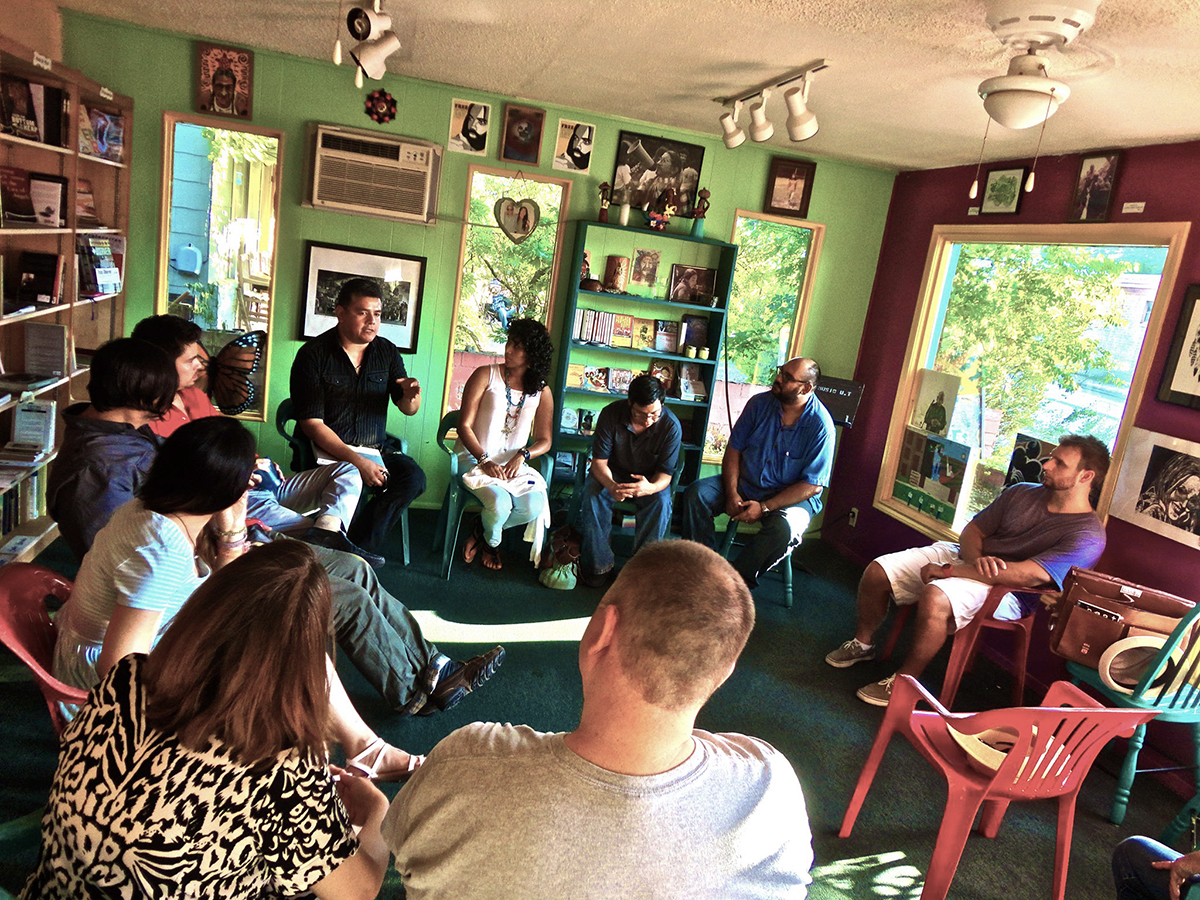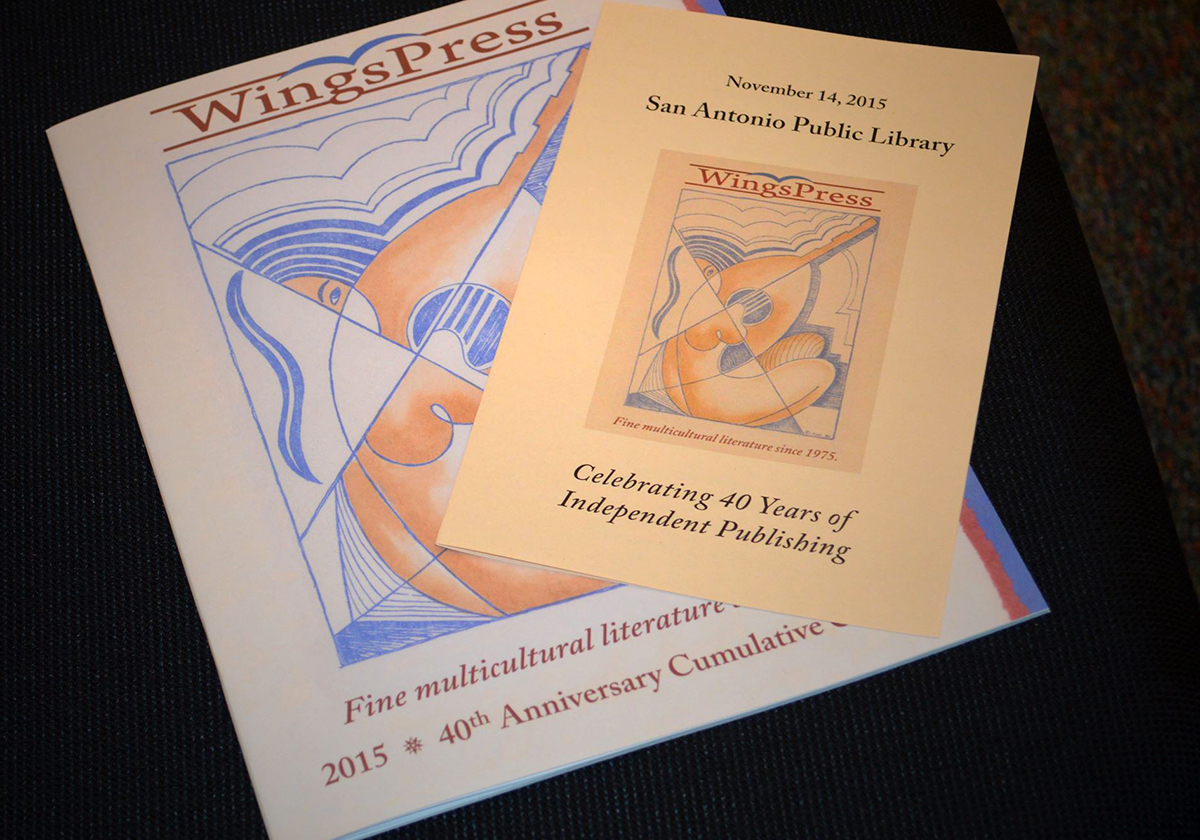Vea abajo para versión en español / Veja em baixo para versão em português
In honor of World Digital Preservation Day, members of the University of Texas Libraries’ Digital Preservation team have written a series of blog posts to highlight preservation activities at UT Austin, and to explain why the stakes are so high in our ever-changing digital and technological landscape. This post is the final installment in a series of five. Read part one, part two, part three, and part four.
BY ASHLEY ADAIR, Head of Preservation and Digital Stewardship, University of Texas Libraries
The UT Libraries’ Digital Stewardship unit supports digital preservation work across the University of Texas Libraries. When Libraries repositories, such as the Alexander Architectural Archives, LLILAS Benson, or the Archive of Indigenous Languages of Latin America begin new digital projects, the Digital Stewardship unit often helps develop initial processing plans. Unit staff install tools and provide training to recover data from older media such as floppy disks and Zip disks, or for acquiring files produced by partner organizations and depositing researchers. Processing of these materials must be planned and undertaken very carefully since data may be at risk of permanent loss due to obsolete formats and media, or because of political or physical issues in local environments.
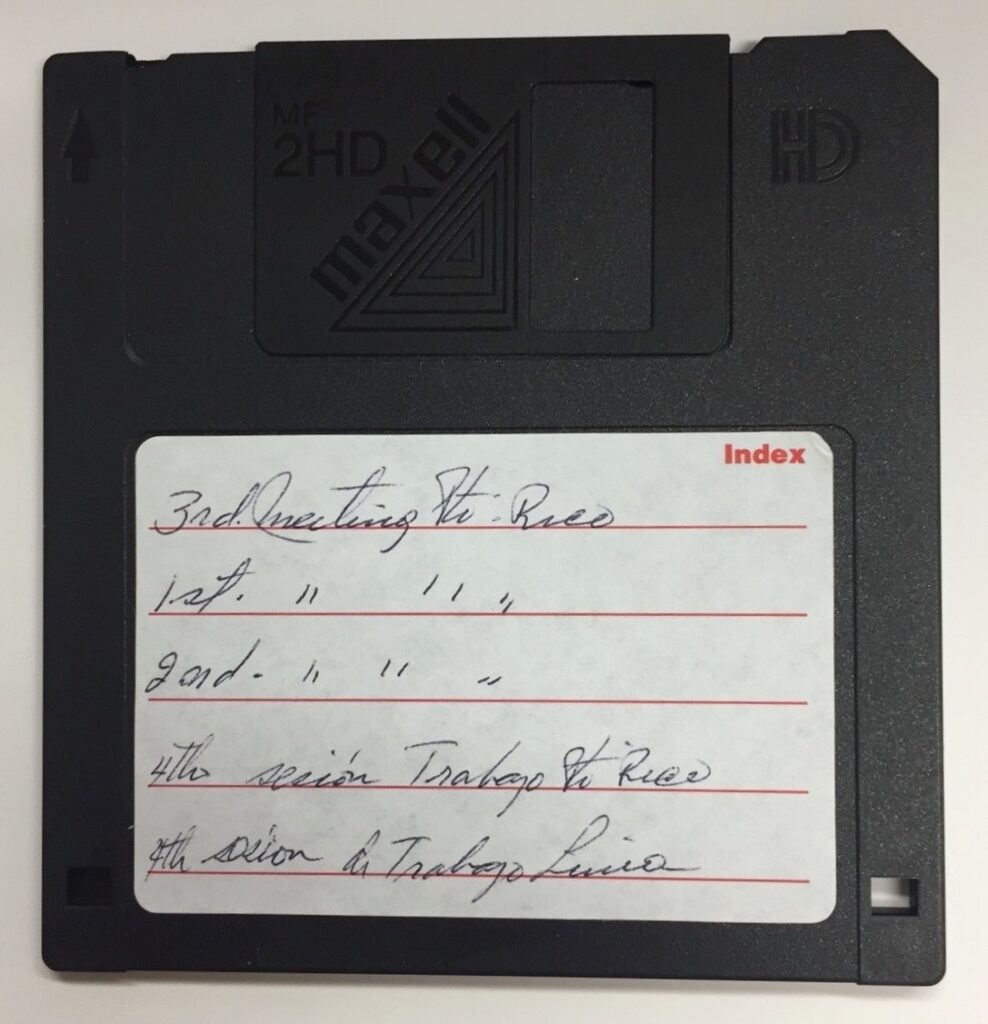
Taking a life-cycle approach, the unit also coordinates long-term safekeeping of these valuable and sometimes vulnerable files. Digital Stewardship developed file organizing, naming, and description practices for uniformly storing all of UT Libraries’ diverse preservation data in keeping with international standards. When repository staff complete processing, the Digital Stewardship unit takes in copies of data to be preserved, vaults them to long-term storage, maintains detailed centralized records, and manages off-site backup copies. The unit collaborates with UT Libraries repositories continuously over time to enhance organization-wide digital preservation practices, adapting to new developments and the growing scale of data to be preserved.
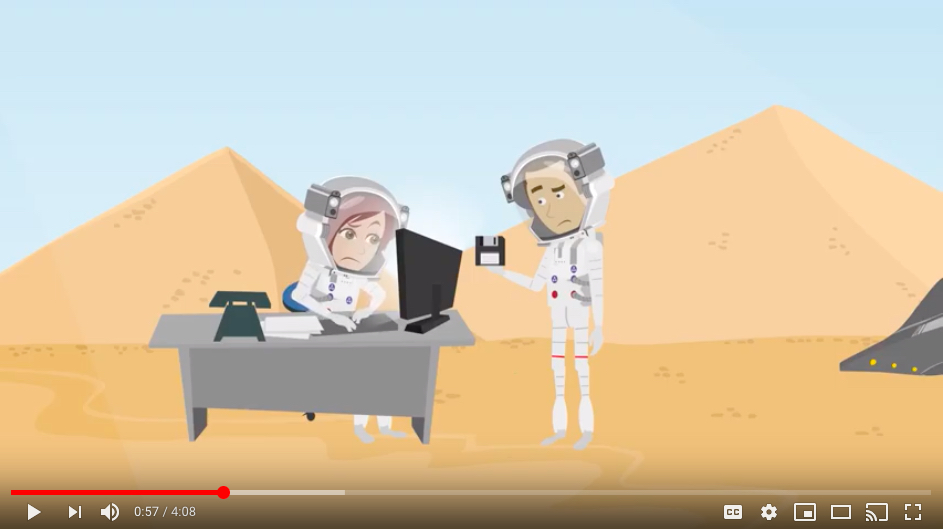
Administración digital
Traducido por Jennifer Isasi, PhD (@jenniferisve)
La unidad de Administración Digital de las Bibliotecas de la Universidad de Texas (UT) apoya el trabajo de preservación digital en el conjunto de bibliotecas de la universidad. Cuando repositorios como el Archivo de Arquitectura Alexander, LLILAS Benson o el Archivo de Lenguas Indígenas de Latinoamérica comienzan nuevos proyectos digitales, la unidad de administración digital ayuda a desarrollar planes de procesamiento. El personal de la unidad instala herramientas y provee entrenamiento para recuperar datos de medios antiguos como disquetes o discos Zip, o para la adquisición de archivos producidos por organizaciones colaboradoras e investigadores que depositan sus archivos en los repositorios. El procesado de estos materiales debe ser planeado y realizado con mucho cuidado puesto que los datos pueden estar en peligro de borrado permanente debido a formatos o medios obsoletos, o por cuestiones políticas y de tipo medioambiental.

Con un enfoque de ciclo de vida de los datos, la unidad también coordina la custodia a largo plazo de estos archivos valiosos y a veces vulnerables. La administración digital desarrolló prácticas de organización, denominación y descripción de archivos para almacenar de manera uniforme todos los diversos datos de preservación de las bibliotecas de UT de acuerdo con los estándares internacionales. Cuando el personal del repositorio completa el procesamiento, la unidad de Administración Digital toma copias de los datos para preservarlos, los guarda en un almacenamiento a largo plazo, mantiene registros centralizados detallados y administra copias de seguridad en otras localizaciones. La unidad colabora con los repositorios de las bibliotecas UT continuamente a lo largo del tiempo para mejorar las prácticas de preservación digital de toda la organización, adaptándose a los nuevos desarrollos y la creciente escala de datos a preservar.

Gestão digital
Traduzido por Tereza Braga
A unidade de Gestão Digital da UT Libraries apoia o trabalho de preservação digital de todas as bibliotecas do sistema. Quando um dos repositórios das Bibliotecas, seja o Alexander Architectural Archives, a LLILAS Benson ou o Archive of the Indigenous Languages of Latin America, inicia um projeto digital novo, a unidade de Gestão Digital geralmente auxilia a criar os planos iniciais de processamento. Os profissionais da unidade instalam ferramentas e dão treinamento para recuperar dados de mídias mais antigas como floppy disks e discos Zip ou para adquirir arquivos produzidos por organizações parceiras e pesquisadores com trabalhos depositados. O processamento desses materiais deve ser planejado e empreendido com muito cuidado, pois os dados podem estar expostos ao risco de perda permanente causado por formatos e mídia obsoletos ou por problemas políticos ou físicos em ambientes locais.

Utilizando uma abordagem de ciclo de vida, a unidade também coordena a guarda a longo prazo desses arquivos valiosos e às vezes vulneráveis. A Gestão Digital desenvolve práticas para organizar, dar nomes e descrever os arquivos visando a armazenagem uniforme de todos os diversos dados de preservação da UT Libraries em conformidade com as normas internacionais. Quando os funcionários de repositórios concluem seu processamento, a unidade de Gestão Digital providencia cópias dos dados a serem preservados, armazena-os em sistema de armazenagem segura de longo prazo, mantém registros centralizados detalhados e providencia cópias de reserva em local externo. A unidade colabora de modo contínuo com os repositórios da UT Libraries ao longo do tempo para aprimorar as práticas de preservação digital em toda a organização, sempre se adaptando aos novos avanços e ao aumento em escala do universo de dados a serem preservados.

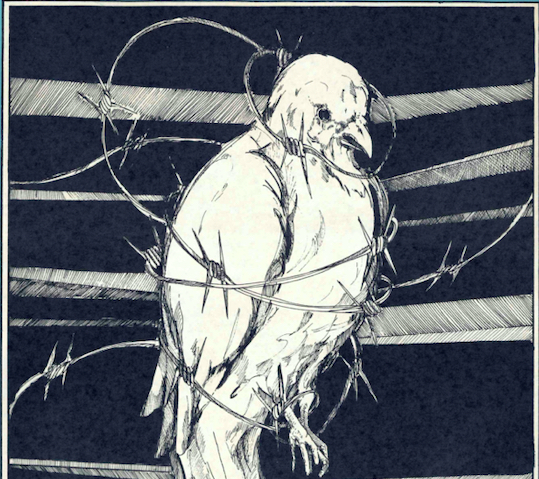
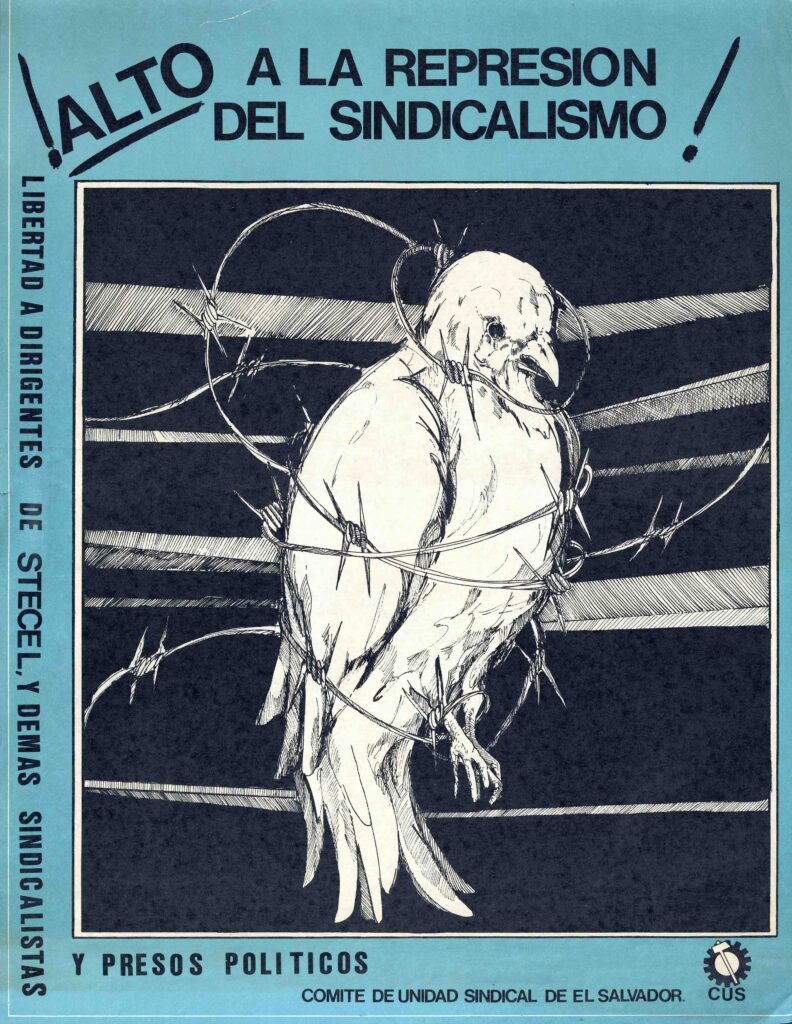
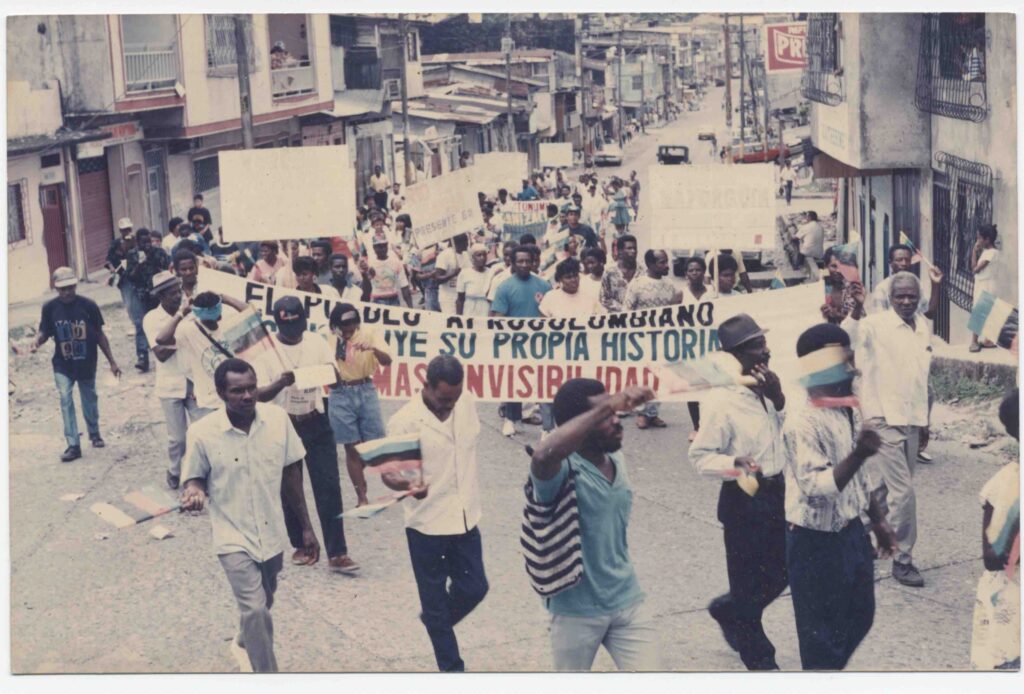
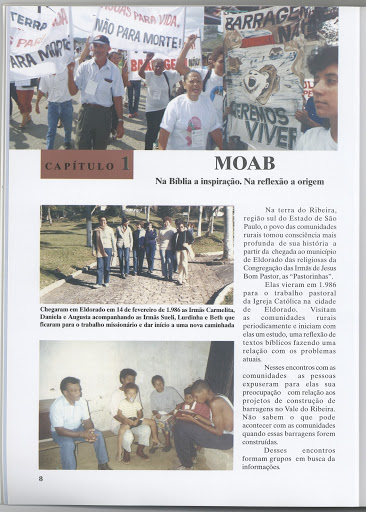
![Avalúo de los bienes de Manuel Romero [Appraisal of the assets of Manuel Romero]. Colección Digital Fondo Real de Cholula, Archivo Judicial del Estado de Puebla: https://ladi.lib.utexas.edu/en/frc01](https://texlibris.lib.utexas.edu/wp-content/uploads/2020/06/Cholula.jpg)
